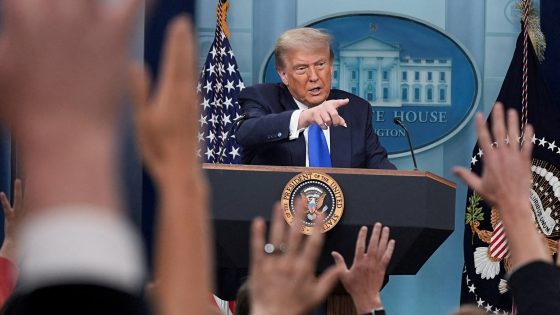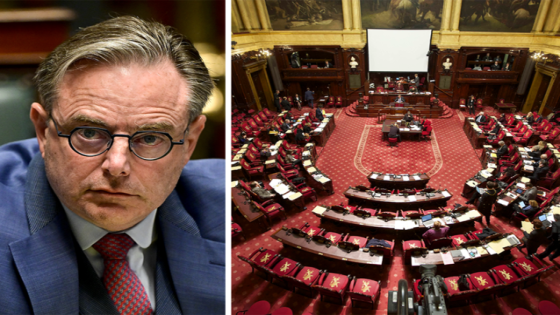Donald Trump has extended the deadline for ‘reciprocal’ tariffs to August 1, raising questions about the implications for U.S. trade relations. This decision comes amid ongoing negotiations with countries like Japan and South Korea, where Trump recently announced a 25% tariff.
- Trump extends tariff deadline to August 1.
- New trade deals are being discussed.
- Japan and South Korea face 25% tariffs.
- Tariffs may revert to April rates.
- Treasury secretary warns of tariff 'boomerang.'
- Trump shares tariff rates for various countries.
As of July 7, 2025, the administration is teasing more trade deals, but the shifting tariff deadlines create uncertainty for American businesses and consumers alike. With Treasury Secretary comments suggesting that countries without trade agreements could see tariffs revert to earlier rates, the landscape is shifting rapidly.
This evolving situation prompts critical questions about the future of U.S. trade policies. Will these tariffs boost domestic industries, or will they burden consumers with higher prices? Key points to consider include:
- Increased tariffs could lead to higher prices on imported goods.
- Negotiations with Japan and South Korea are crucial for U.S. economic interests.
- Businesses may face uncertainty as deadlines shift.
- Potential retaliatory measures from affected countries could escalate tensions.
As the situation develops, stakeholders must stay informed and adapt to the changing trade landscape. Will the administration’s strategy ultimately benefit the U.S. economy?
































